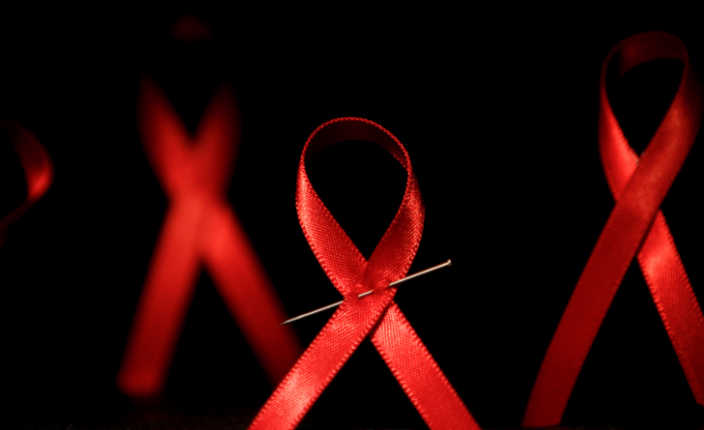

Speaking in Abuja on Friday at the commemoration of World AIDS Day, George Akume, secretary to the government of the federation (SGF), said the documents show the government’s determination towards ending AIDS by 2030.
Akume, who was represented by Chris Tarkar, his chief of staff, said the launch of the strategic plan indicates a pivotal commitment to end the disease in the country, with states providing leadership.
“I, therefore, encourage state governments to key into this agenda for ownership of sustainable HIV response in Nigeria,” NAN quoted the SGF as saying.
Advertisement“It is my honour to unveil the national strategic framework 2023 to 2027 and the symbol of a new business model for sustainable HIV response in Nigeria.”
He said the National Agency for the Control of AIDS (NACA) collaborated with the Nigerian Business Coalition Against AIDS (NiBUCAA) to launch a N62 billion private sector-driven HIV/AIDS trust fund in Nigeria.
”We call on the organised private sector to deliver on its pledge to support government efforts to achieve an HIV-free generation where no baby is born with HIV in Nigeria,” he said.
AdvertisementMuhammed Pate, minister of health and social welfare, said with the prevalence of paediatric HIV, communities need to lead the 2030 drive for universal health coverage (UHC).
“It has not ended because we are still leading in the HIV prevention of mother-to-child transmission (PMTCT) and pediatric HIV,” the minister said.
On her part, Melissa Jones, mission director of the United States Agency for International Development (USAID), said the US government has invested $7.8 billion in Nigeria as its commitment.
“We have done that under the president’s emergency plan for AIDS relief (PEPFAR) to show that all Nigerians living with HIV have complete access to quality HIV prevention, care and treatment services,” she said.
Advertisement